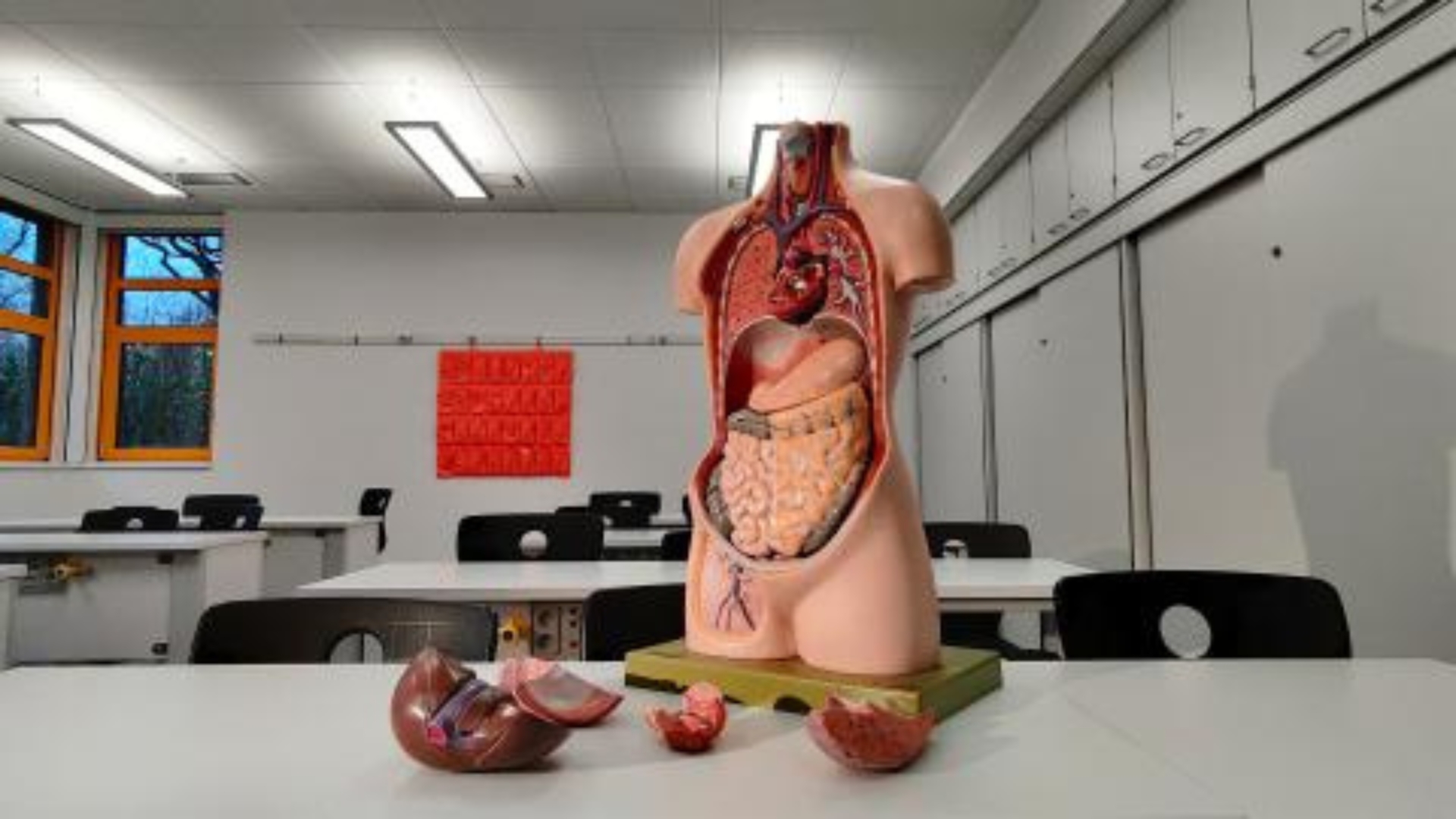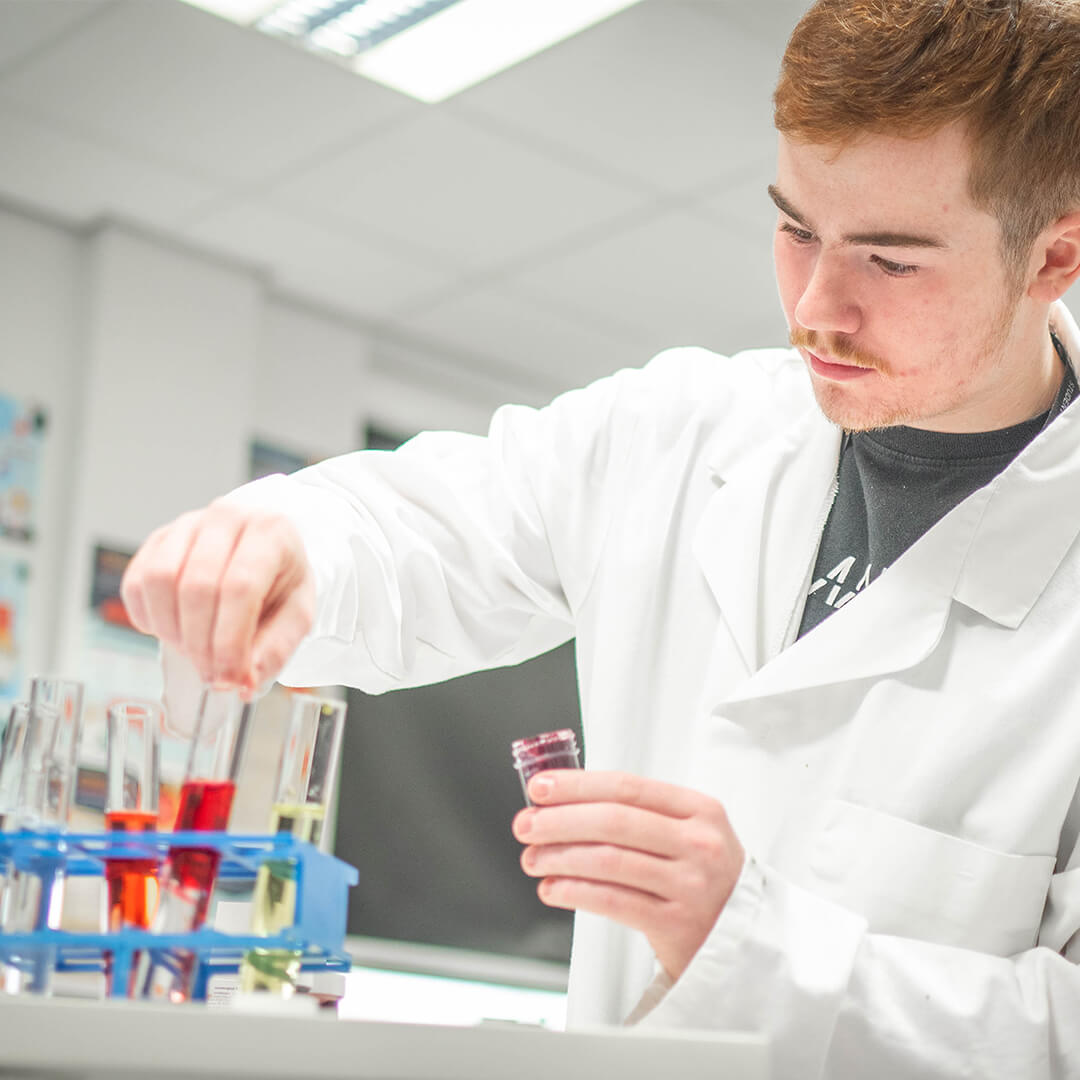Course overview
If you are already interested in the physics topics in your science studies at GCSE then you should consider studying physics. If you would like to know more about fundamental ideas such as quantum mechanics, relativity and cosmology, then physics may be for you. If you are good at maths and if you find mathematical solutions to problems satisfying, then studying physics is worth serious consideration.
Physics can help you progress into a wide range of areas, for example into applied physics, astrophysics, geophysics, material technology, forensic science, engineering, meteorology and medical physics. Some other complementary career areas include medicine, mathematics, computing, finance, law, accountancy and many more.
Topics
Core content:
1.Measurements and their errors, including use of SI units and their prefixes, limitations of physical measurement, estimation of physical quantities.
2.Particles and radiation, including constituents of the atom, particle interactions, collisions of electrons with atoms.
3.Waves, including progressive waves, interference, diffraction.
4.Mechanics and materials, including projectile motion, Newton’s laws of motion.
5.Electricity, including current/voltage characteristics, circuits, electromotive force and internal resistance.
6.Further mechanics and thermal physics, including periodic motion, thermal energy transfer, molecular kinetic theory model.
7.Fields and their consequences, including Newton’s law of gravitation, orbits of planets and satellites, magnetic flux density.
8.Nuclear physics, including evidence for the nucleus, radioactive decay, nuclear instability.
Optional unit – Students study one option topic in:
Astrophysics: including classification of stars by luminosity, Doppler effect, detection of exoplanets
Or Turning points in physics: including discovery of the electron, Einstein’s theory of special relativity.
Job opportunities after this course
Physics can help you progress into a wide range of areas, for example in applied physics, astrophysics, geophysics, material technology, forensic science, engineering, meteorology and medical physics. Also into complementary career areas, such as medicine, mathematics, computing, finance, law, accountancy and many more.
Further study options after this course
Physics can help you progress into a wide range of areas, for example in applied physics, astrophysics, geophysics, material technology, forensic science, engineering, meteorology and medical physics. Also into complementary career areas, such as medicine, mathematics, computing, finance, law, accountancy and many more.
Entry requirements
Our entry requirements are reviewed annually and are subject to change as qualifications, awarding bodies and assessment criteria evolve.
For the latest qualifications and grades required by course type/level, please follow this link to check the most up-to-date entry criteria for direct entry and internal progression at the college.
How is this course assessed?
You will sit three exams at the end of year 13 which will come together to give you an overall final grade. Each paper is 2 hours long.
Paper 1 - This covers all year 12 material including waves, mechanics, materials, electricity and particles and radiation. Paper 1 also includes questions based on further mechanics which is a topic covered in year 13.
Paper 2 - This paper covers all year 13 material including gravitational, magnetic and electric fields and nuclear physics, as well as synoptic questions covering content from year 12. This paper also includes a section of multiple choice questions.
Paper 3 - This paper is divided into two sections. The first section is based on practical skills and analysis which you will have developed by working through the 12 required practicals.
The section part of paper 3 is an optional unit. All students must complete the same optional unit and this is usually either astrophysics or turning points.
When does the course start?
September 2025
Length of course
Two years, full time.
Fees & Funding
Please read our Course Fees & Funding page.How to apply
To apply online for this course, please click on the 'Apply' button at the top/bottom of this page.
Alternatively, if you need assistance with your application or you would like to apply over the phone or using a paper-based application form, please call Student Services on 0191 743 0149.
If you're not quite ready to apply for this course and would like some more information or to speak to a member of staff then please click on the 'Enquire' button at the top/bottom of this page.







